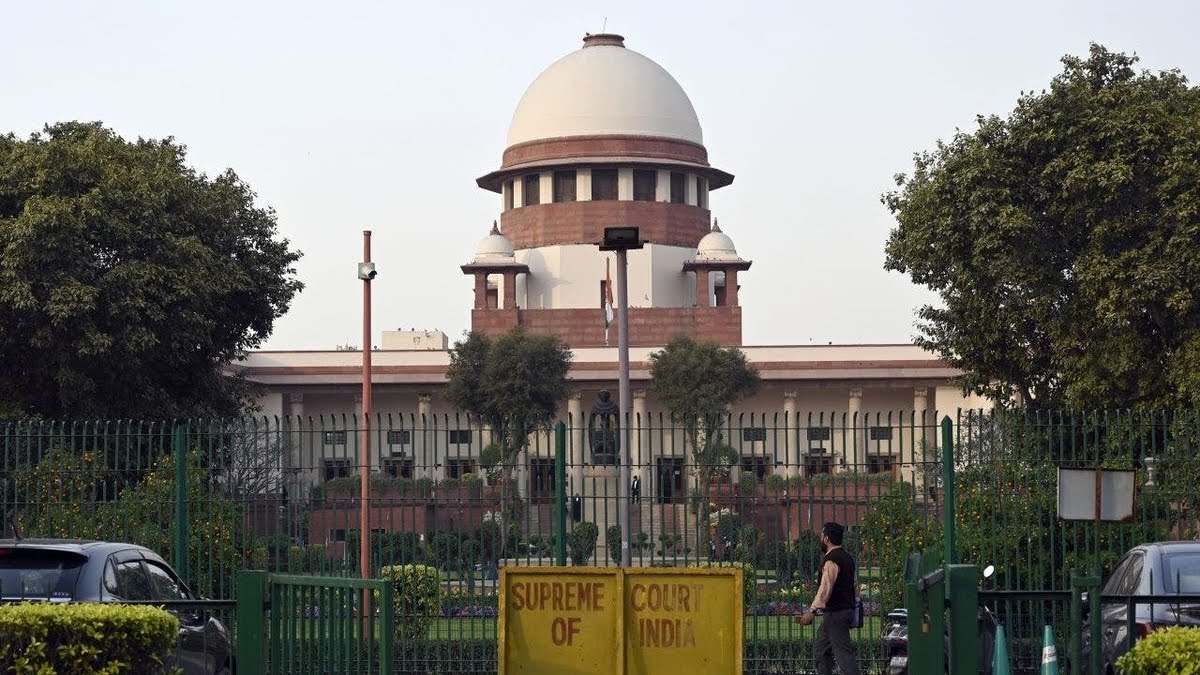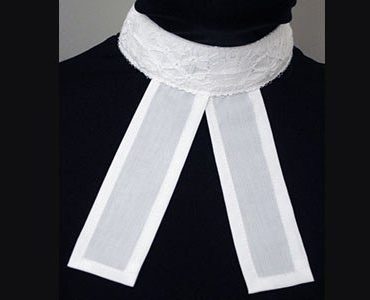India’s Supreme Court Declines to Legalize Same-Sex Marriage

Lawyard is a legal media and services platform that provides…
India’s top court refused to legalize same-sex marriages, with the chief justice of the country saying Tuesday that it was up to Parliament to create such a law.
Chief Justice DY Chandrachud also urged the government to uphold the rights of the queer community and end discrimination against them.
The five-judge bench earlier this year heard 20 petitions that sought to legalize same-sex marriage in the world’s most populous country.
Chandrachud said there were degrees of agreement and disagreement among the justices “on how far we have to go” on same-sex marriages.
“This court can’t make law. It can only interpret it and give effect to it,” the chief justice said, reiterating that it was up to Parliament to decide whether it could expand marriage laws to include queer unions.
Legal rights for LGBTQ people in India have been expanding over the past decade, and most of these changes have come through the Supreme Court’s intervention.
Tuesday’s judgment comes after the top court in 2018 struck down a colonial-era law that had made gay sex punishable by up to 10 years in prison and expanded constitutional rights for the gay community.
The decision was seen as a historic victory for LGBTQ rights, with one judge saying it would “pave the way for a better future.”
Despite this progress, Prime Minister Narendra Modi’s government resisted the legal recognition of same-sex marriage and rejected several petitions in favor.
During the hearings, the government argued that a marriage is only between a biological male and a biological female, adding that same-sex marriages went against religious values and that the petitions reflected only “urban elitist views.” Religious groups, too, had opposed same-sex unions, saying they went against Indian culture.
Adish Aggarwala, the president of the Supreme Court bar association, said the court had done the right thing by recognizing that this was a job for Parliament, an argument the government also made during the hearings.
Lawyers for the petitioners argued that marriage is between two people, not just a man and woman. They said that concepts of marriage have gradually changed with time and that laws should acknowledge that.
By not recognizing such unions, the government was depriving same-sex couples of their right to equality enshrined in the constitution and rights enjoyed by married heterosexual couples, such as those regarding adoption, medical insurance, pensions and inheritance, they argued.
“This court needs to push society to acknowledge same-sex marriage,” one of the lawyers said.
Petitioners were hopeful that the Supreme Court could challenge the government’s position.
Some of the justices urged the state to make sure queer couples don’t face harassment or discrimination in accessing basic needs, like opening a joint bank account. They called for steps to raise awareness among the public about queer identity, and to establish hotlines and safe houses for those in the queer community who are facing violence.
The chief justice also rejected the government’s assertion that being queer was an “urban” concept, saying it’s not just “an English-speaking man” or a “white-collar man” who can claim to be queer, but equally “a woman working in an agricultural job in a village.”
But overall, all five judges stopped short of granting legal recognition to same-sex unions.
Instead, the court accepted the government’s offer to set up a special panel that will explore granting social and legal benefits to same-sex couples.
Lawyard is a legal media and services platform that provides enlightenment and access to legal services to members of the public (individuals and businesses) while also availing lawyers of needed information on new trends and resources in various areas of practice.













